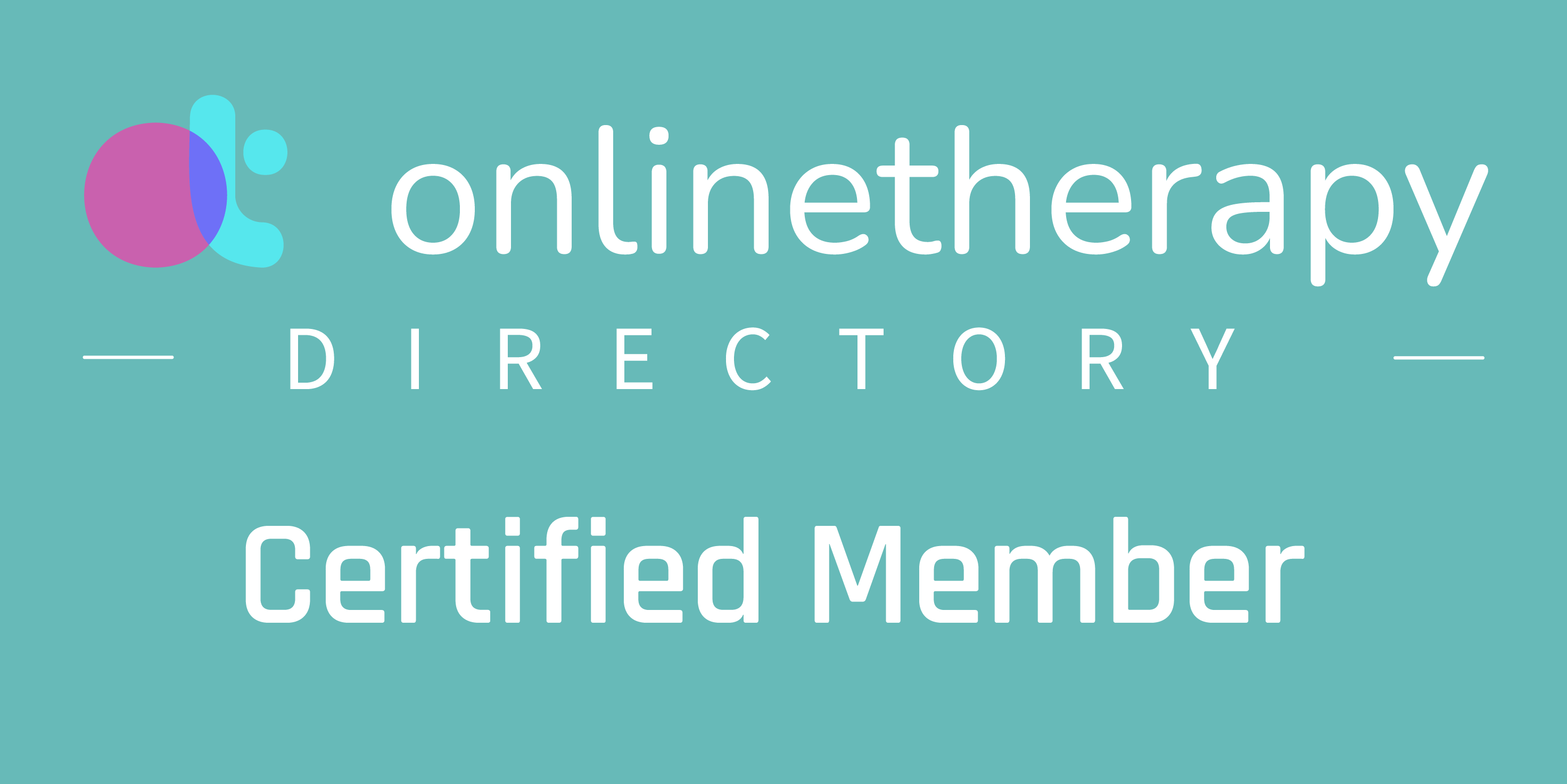Unlocking the Power of Genuine Connection: A Guide for Men
Communication is the cornerstone of any meaningful relationship, yet it often feels like a labyrinth for many men. Whether in romantic partnerships, friendships, or professional settings, effective communication can bridge the gap between mere conversation and deep connection. Unfortunately, the ways many men are accustomed to communicating can sometimes do more harm than good, particularly when engaging with women. Understanding and refining these communication styles is crucial for fostering genuine connections.
The Pitfalls of Storytelling and Problem-Solving
1. The Compulsion to Relate Through Stories
A common tendency among men is to share comparable stories as a means of relating to others. While sharing experiences can build rapport, overuse of this tactic can come across as "one-upping." This approach often sidesteps the original speaker’s intent and can make them feel unheard or overshadowed. When someone shares a part of their life, it’s typically an invitation to see and understand them better. Interrupting this moment or following up with a story of your own can send the unintended message that you are more interested in your own experiences than in truly hearing the other.
2. The Urge to Fix Problems
Men often listen just enough to start formulating solutions, eager to jump in with advice or fixes. While problem-solving can be valuable, it’s not always what the speaker, especially women, are seeking. Women often share their concerns and thoughts to feel understood and connected. They are fully capable of solving their own problems; what they seek is empathy and validation. When a man rushes to offer solutions, it can feel dismissive and invalidate the speaker's feelings and experiences. Before giving advice, ask the person if they are interested in hearing your suggestions.
Building Connections Through Effective Listening
The key to transforming these common pitfalls into strengths lies in the art of active listening and mirroring.
1. Practicing Active Listening
Active listening involves fully engaging with the speaker, maintaining eye contact, and giving nonverbal cues that show attentiveness. It means setting aside distractions and genuinely focusing on what the other person is saying. This form of listening is not about planning your response but about being present in the conversation.
2. Master Mirroring Skills
Mirroring is an essential technique for ensuring the speaker feels heard and understood. To mirror effectively:
- Listen Closely: Pay full attention to the speaker's words, tone, and body language.
- Reflect Back: Summarize or repeat what you've heard in your own words. This might sound like, "It sounds like you're really stressed about your project deadline."
- Seek Confirmation: Ask if you’ve understood correctly. Phrases like, "Did I get that right?" or "Is there more you'd like to add?" show that you are engaged and willing to understand more deeply.
By using mirroring, you slow down the conversation, which can lead to richer, more meaningful exchanges. This technique not only validates the speaker's feelings but also encourages them to share more, fostering a deeper connection.
The Transformative Impact of Genuine Communication
Trying out these skills can significantly enhance the quality of your conversations. You’ll likely find that people open up more, feel more understood, and appreciate your presence. Genuine communication isn’t just about exchanging words; it’s about connecting on a deeper level and building trust and intimacy in your relationships.
I have witnessed many couples & polycules heal and transform their relationships by changing the way they communicate to one that promotes understanding. Breaking away from the habits of "one-upping" and problem-solving to focus on active listening and mirroring can transform your interactions. These small shifts in how you communicate can lead to more profound and fulfilling relationships. Give it a try and experience the difference for yourself. If you could benefit from education and coaching in communication skills that foster intimacy call me today and set up an appointment.
775-750-0766


